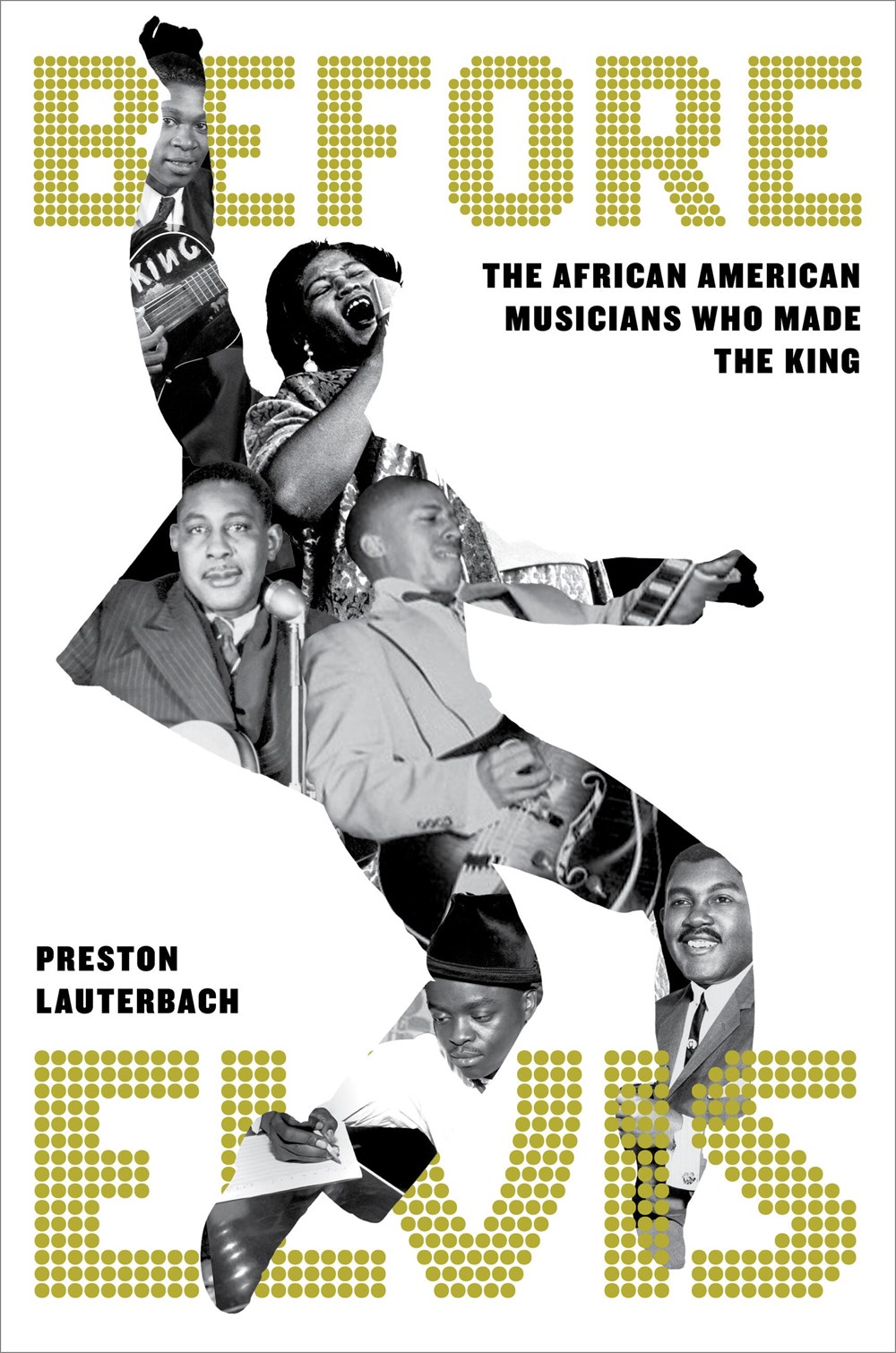2018 School Spending Survey Report
Before Elvis: The African American Musicians Who Made the King
COPY ISBN
VERDICT While Elvis generally credited gospel, R&B, and a few artists by name, he was fundamental in fusing aspects of American culture from disparate racial traditions when segregation was beginning to lift. His appropriation, explored here, remains polarizing.
RELATED
ALREADY A SUBSCRIBER? LOG IN
We are currently offering this content for free. Sign up now to activate your personal profile, where you can save articles for future viewing




Comment Policy:
Comment should not be empty !!!